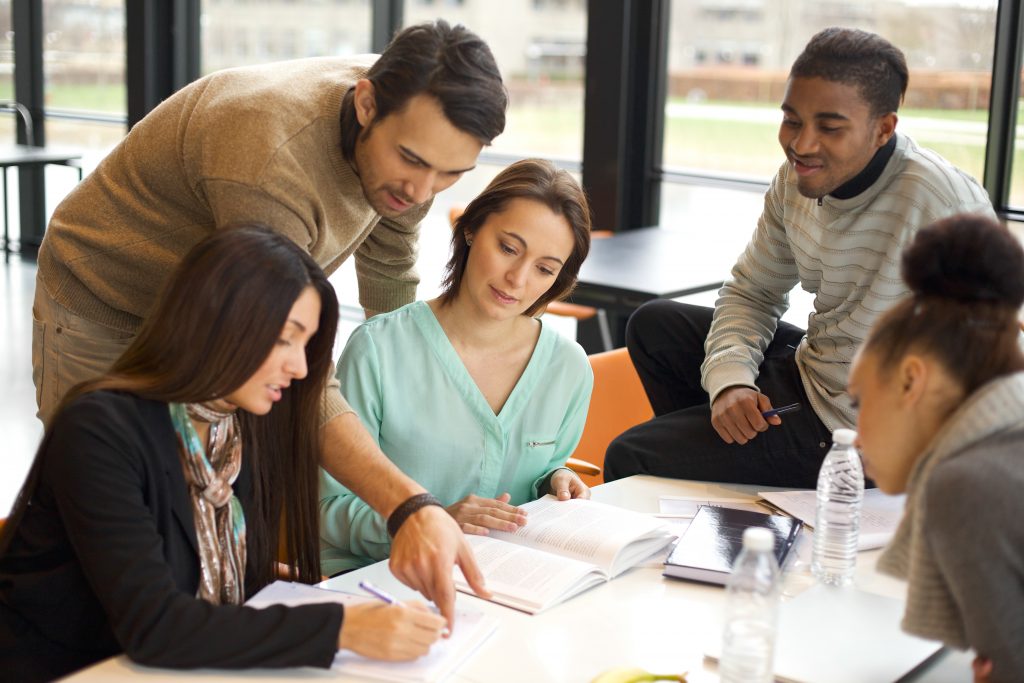In the post-pandemic world, institutions of higher education must find holistic approaches to re-connect with society around them, integrating a lifelong learning approach into their core missions of teaching, research and service, argue Budd Hall and Rajesh Tandon

The disruption caused by COVID-19 to the everyday life of citizens around the world over the past six months has made it clear that that the future will entail new definitions of normal life. Most dramatically affected is the formal education system, from primary and secondary to tertiary.
What also became obvious is that local leaders, supported by local communities, found local solutions to deal with the virus, solutions that relied on local experiences, local knowledge and local resources. As schools shut down, and with digital access in many communities weak, mobile smartphones, small study circles and ‘travelling’ tutors were appropriately galvanized to support the learning of young and old alike, outside classrooms and campuses. Suddenly, the compartments of life, study, work and leisure became meaningless divisions, and learning, studying, cooking, caring and chatting were inter-mingled, almost seamlessly and effortlessly. Continue reading
